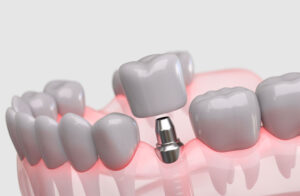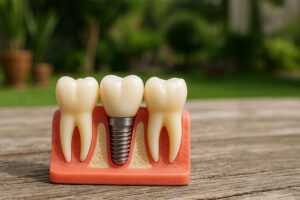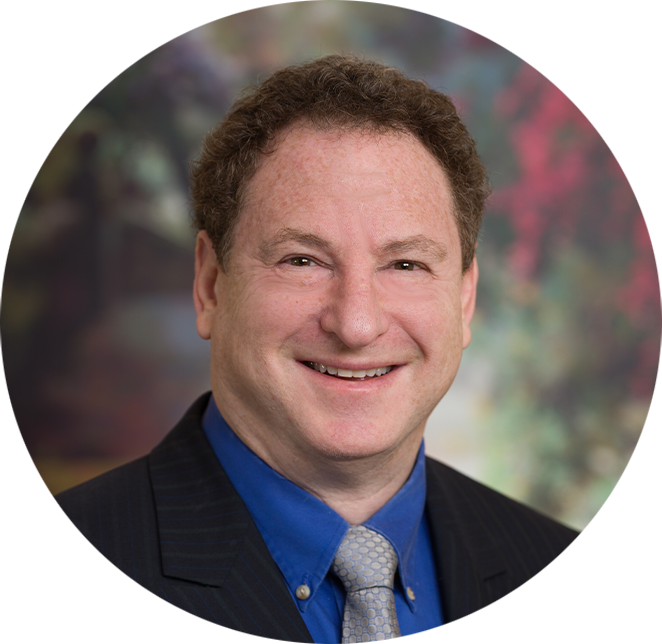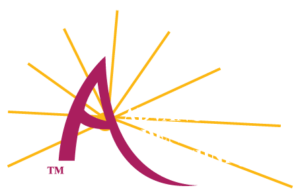Sleep apnea is not just a condition that causes loud, repeated bursts of nightly snoring. The condition can also lead to other physical and mental problems, including memory loss, heightened risk of cardiovascular disease and severe sleep deprivation. Learn about sleep apnea, including Wayne, NJ-based treatment options available at our dental practice by reading why sleep apnea happens and how it can be resolved.
Sleep Apnea: The Cause
Sleep apnea, or obstructive sleep apnea, is caused when the muscles in the back of the throat relax too much during sleep. As they relax, the throat closes and breathing stops. In response to the lack of air, the body responds by breathing in quickly and intensely. If the throat is partially obstructed, snoring generally occurs as the flap of tissue vibrates in the back of the throat. If the throat is completely obstructed, causing cessations in breathing, this is obstructive sleep apnea. Individuals who are diagnosed with sleep apnea experience these cessations up to 29 or more times every hour. Ironically, most sleep apnea patients do not fully wake up. However, this will disturb a deep and restful sleep, leading to grogginess and mental fatigue in the morning.
Sleep Apnea: The Treatment
Dentists can be a first line of defense for sleep apnea sufferers. After a patient has been diagnosed through an easy at-home sleep test, he or she can be evaluated by the dentist. The dentist may suggest any number of treatment options to reduce the symptoms of sleep apnea. These include:
- Custom oral appliances. These appliances look a little like mouthguards. They are constructed to keep the lower jaw in a forward position during sleep, which tends to keep the airways from closing. Custom oral appliances may be partially or fully covered by some insurance plans.
- CPAP machines. Our dentist may recommend that sleep apnea patients work with a local sleep center to obtain a CPAP machine. CPAP machines force air into the body through a special mask worn at night. Because not all patients tolerate CPAP machines, they may first want to try an oral appliance on its own.
- Lifestyle changes. Another possible way to reduce the effects of sleep apnea is with lifestyle modifications such as losing weight, drinking less alcohol (especially in the evening), and sleeping in the fetal (side) position.
If you suspect that you have sleep apnea in Wayne, NJ, please contact our dental practice today. We welcome new patients who want the advantage of improved rest.






